We live during a very stressful time. Most of us have more responsibility than ever before which means we have less free time and less time to relax and do the things we enjoy. In addition, we are living through tough economic times, political unrest and threats of terrorism and violence. These stressful circumstances can contribute to depression and anxiety. Now more than ever, it is important to be aware of the symptoms of depression and to take action if you or someone you care about is suffering from it.
Whether for heart disease, high blood pressure, diabetes or depression, health screenings provide a quick and easy way to spot the first signs of serious illness and reach people who might not otherwise seek professional medical advice. Clinical depression is a common condition affecting more than 19 million American adults each year. Like screenings for other illnesses, depression screenings should be a routine part of healthcare. This year, Thursday, October 5 has been designated “National Depression Screening Day.”
Why Screen for Depression?
- Clinical depression is a serious medical illness.
- Clinical depression can lead to suicide.
- Sometimes people with depression mistakenly believe that the symptoms are a “normal part of life.”
- Clinical depression affects men and women of all ages, races and socioeconomic groups.
- One in four women and one in ten men will experience depression at some point during their lifetime.
- Two thirds of those suffering from the illness do not seek necessary treatment.
- Depression can co-occur and complicate other medical conditions.
- More than 80 percent of all cases of clinical depression can be effectively treated with medication, psychotherapy or a combination of both.
- Screenings are often the first step in getting help.
What is a Depression Screening Like?
Attendees at screening programs, which are free and confidential:
- Hear an educational session on depression
- Complete a written screening test
- Discuss the results with a mental health professional
- If necessary, learn where to go for additional help
Who Should Attend a Depression Screening?
People suffering from depression often experience some of these key symptoms:
- A persistent, sad, anxious or “empty” mood
- Sleeping too little, early morning awakening or sleeping too much
- Reduced appetite and weight loss or increased appetite and weight gain
- Loss of interest or pleasure in activities once enjoyed
- Restlessness or irritability
- Difficulty concentrating, remembering or making decisions
- Fatigue or loss of energy
- Thoughts of death or suicide

